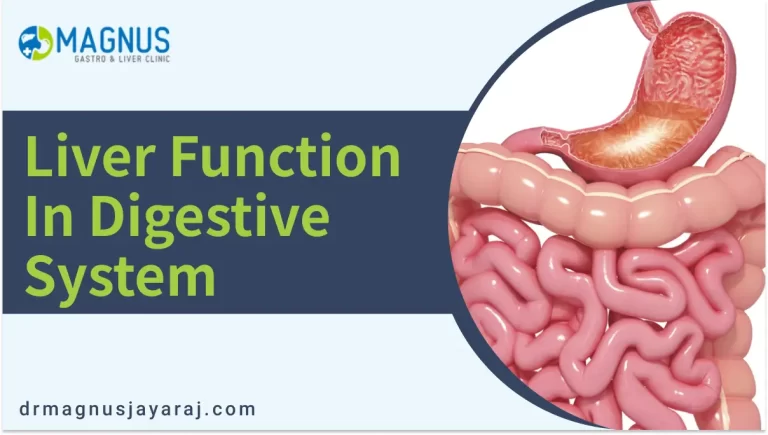Welcome to a comprehensive exploration of the liver’s pivotal role in the digestive system. Understanding the intricacies of Liver Function In Digestive System is key to appreciating its significance in maintaining overall health. Join us on this journey as we delve into the digestive function of the liver, its role in the digestive system, and how it orchestrates crucial processes to keep our bodies in balance.
The Digestive Function Of Liver:
The digestive function of liver is a critical aspect of its multifaceted role in maintaining overall health. This essential organ actively participates in various processes related to digestion and nutrient metabolism. Here’s a closer look at the key components of the liver’s digestive function:
Metabolism and Detoxification:
- The liver plays a pivotal role in metabolizing nutrients absorbed from the digestive system.
- Nutrients are transformed into usable forms for the body’s various physiological functions, showcasing the crucial role of Liver Function in Digestive System in optimizing nutrient metabolism and overall bodily processes.
- Detoxification is another crucial aspect, where harmful substances are neutralized, ensuring a clean and functional bloodstream.
Bile Production:
- The liver produces bile, a digestive fluid vital for the breakdown and absorption of fats in the small intestine.
- Bile emulsifies fats, facilitating their transformation into smaller particles for enhanced digestion.
- Proper bile production is essential for the absorption of fats and fat-soluble vitamins, contributing to overall nutrient utilization.
Understanding the Liver Function in Digestive System sheds light on its intricate involvement in digestion, emphasizing its crucial role in nutrient absorption and metabolic balance.
Liver Function In Digestive System
The digestive system of liver is a sophisticated network that integrates seamlessly with various components of the digestive process. This intricate system involves the liver’s active participation in digestion, nutrient processing, and the regulation of essential metabolic functions. Let’s explore the key aspects of the digestive system of the liver:
Interaction with Gallbladder:
The liver produces bile, a digestive fluid critical for the emulsification of fats in the small intestine. Until it is needed for digestion, bile is stored in the gallbladder. Upon digestion, the gallbladder releases bile into the small intestine, aiding in the breakdown and absorption of fats.
Hepatic Portal System:
The hepatic portal system serves as a vital connection between the digestive organs and the liver in Liver Function in Digestive System. It facilitates the transportation of nutrients absorbed from the intestines to the liver for processing and regulation. The liver ensures that these nutrients are appropriately utilized or stored for future metabolic needs.
Understanding the digestive system of the liver unveils its intricate involvement in the digestive journey, showcasing its role in processing nutrients, regulating bile for optimal digestion, and maintaining metabolic equilibrium within the body.
Liver Role In Digestive System:
The liver role in digestive system is central to maintaining overall health and functionality. It orchestrates various processes crucial for digestion, nutrient metabolism, and metabolic balance within the body. Let’s delve into the key aspects of the liver’s role in the digestive system:
Blood Sugar Regulation:
- In regulating blood sugar levels, the liver plays a key role.
- It stores excess glucose as glycogen when blood sugar is high and converts glycogen back into glucose when needed.
- This process ensures a stable energy supply for the body and prevents fluctuations in blood sugar levels.
Storage and Release of Nutrients:
- The liver acts as a storage warehouse for essential nutrients, including vitamins and minerals.
- It releases these stored nutrients into the bloodstream as needed for various physiological functions.
- This ensures a continuous supply of nutrients for the body’s day-to-day requirements.
Understanding Liver Function in Digestive System highlights its indispensable contributions to nutrient processing, energy regulation, and overall metabolic harmony within the body.
Conclusion:
Liver’s function in the digestive system is indispensable, orchestrating a symphony of processes to maintain overall health. From bile production and nutrient metabolism to blood sugar regulation, the liver is an unsung hero in our well-being. As we unravel the intricacies of the Liver Function In Digestive System, let’s appreciate the vital role it plays in keeping our bodies in balance.

